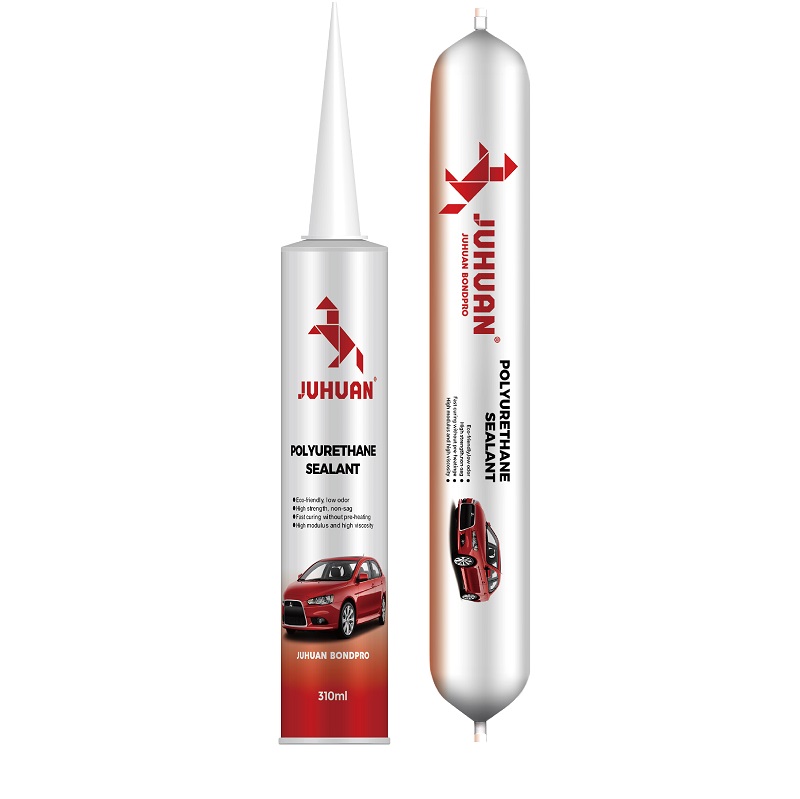When it comes to outdoor projects, temperature changes can be a big problem for many sealants. But polyurethane sealant is different—it has unique properties that help it handle hot summers and cold winters without breaking or losing its seal. Unlike some other sealants that get too hard when it’s cold or too soft when it’s hot, polyurethane stays flexible. This flexibility comes from its chemical structure, which lets the material expand a little when it’s warm and contract when it’s cold. That means it doesn’t crack under pressure from temperature shifts, keeping your outdoor spaces—like windows, decks, or concrete joints—protected from water, dirt, and other damage. For anyone working on outdoor projects, this durability against temperature changes is a game-changer, saving time and money on frequent repairs.
Outdoor environments can swing from scorching heat (sometimes over 100°F/38°C) to freezing cold (below 32°F/0°C), and regular sealants often struggle with these extremes. But polyurethane sealant is designed to take on both. In high temperatures, it doesn’t melt or become too sticky—its heat-resistant formula keeps it stable, so it still blocks out moisture and debris. When the temperature drops, it doesn’t turn brittle or crack either. Instead, it stays elastic enough to move with the material it’s sealing, whether that’s wood, metal, or concrete. This ability to handle both hot and cold is key for outdoor use because it means the sealant keeps working year-round. For example, if you use it on a patio’s concrete joints, it won’t fail in the summer sun or the winter frost, keeping the patio looking good and free from water damage that can lead to costly fixes.
For homeowners, contractors, or anyone tackling outdoor projects, the main goal is to get results that last. Polyurethane sealant delivers on that by resisting temperature fluctuations, which brings real, practical benefits. First, it cuts down on maintenance—you won’t have to reapply sealant every year because it holds up against weather changes. Second, it protects your investment: whether you’re sealing a window frame, a deck, or a driveway, a strong seal keeps water out, preventing rot, mold, or concrete spalling. Third, it’s versatile—you can use it on different materials, from wood to stone, and it still performs well in any outdoor temperature. Imagine sealing your backyard deck in spring: with polyurethane, you won’t have to worry about it failing when summer heat hits or winter snow comes. It stays strong, so you can enjoy your outdoor space without stressing about repairs. These benefits make it a top choice for anyone who wants reliable, long-lasting results from their outdoor sealant.
There are many sealants on the market for outdoor use, but polyurethane stands out because of how well it resists temperature changes. For example, silicone sealants can be flexible, but they don’t stick as well to some materials like wood or concrete, and they might not hold up as long in extreme heat. Acrylic sealants are cheaper, but they get hard and crack easily when temperatures drop, so they need frequent replacement. Polyurethane, though, combines flexibility, strong adhesion, and temperature resistance all in one. It sticks well to most outdoor materials, stays elastic through hot and cold, and lasts for years. This combination means you don’t have to compromise—you get a sealant that’s easy to apply, works on different projects, and doesn’t fail because of temperature swings. For anyone who wants a hassle-free, long-term solution for outdoor sealing, polyurethane is the better choice.
In short, polyurethane sealant’s ability to resist temperature fluctuations makes it an essential product for outdoor use. Its unique chemical structure keeps it flexible in both hot and cold weather, preventing cracks and maintaining a strong seal. This durability brings real value to users: less maintenance, better protection for outdoor projects, and versatility across different materials. Whether you’re a homeowner fixing a window or a contractor working on a large outdoor project, polyurethane sealant saves you time and money by delivering long-lasting performance. Unlike other sealants that struggle with extreme temperatures, it works year-round, keeping your outdoor spaces safe from water damage and other issues. When it comes to outdoor sealing, choosing polyurethane means choosing reliability and peace of mind.

